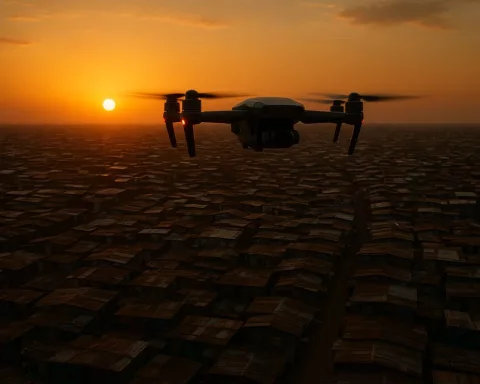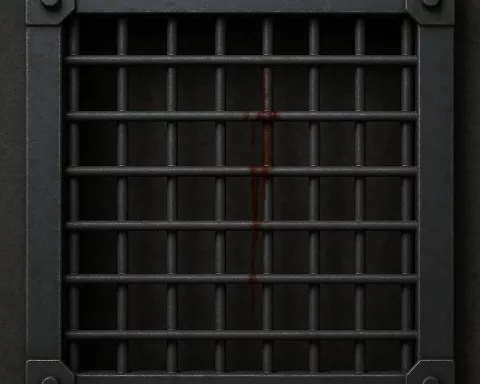The mini-bus taxi strike in the Western Cape has recently come to an end, leaving many residents relieved. The strike had a significant impact on the people, particularly those who rely heavily on this mode of transportation. The prolonged protest disrupted the daily lives of hundreds of thousands of individuals, leaving them stranded without a way to return home.
Premier Winde Emphasizes Collaborative Efforts
Premier Alan Winde emphasized the importance of working collaboratively with SANTACO-WC to find a resolution to the strike. The process was challenging, but it was vital to engage in meaningful discussions to address the long-standing issues that the taxi industry faces.
Prioritizing Western Cape’s Citizens
The primary focus now is to prioritize the Western Cape’s citizens and commuters, ensuring their needs are met. The Premier expressed his concern about the abrupt call for a strike that left many people stranded without a way to return home.
Violence Accompanying the Strike
The violence accompanying the strike was another significant concern for Premier Winde. With five lives lost, countless vehicles and properties vandalized, and roads blockaded, the scale of destruction was immense. Essential services like healthcare and education were cut off for many, and the Premier stressed that violence is not an acceptable means of resolving conflicts.
Upholding Principles of Equality and Respect
To move forward, it is crucial that everyone upholds the principles of equality before the law, as well as the right to feel safe and be treated with respect. These values are critical for a thriving democracy.
Rebuilding Partnership with Taxi Industry
The next step in this process is to rebuild the partnership with the taxi industry by engaging with all partners involved and keeping the interests, safety, and dignity of commuters at the forefront. Negotiations through the Mini-bus Taxi Task Team, established in February this year, must continue to address the concerns raised by the industry.
Commitment to Resolving Complex Issues
Although the matters at hand are indeed complex and require a considerable amount of time to resolve, the Western Cape Government remains committed to addressing these issues in collaboration with all partners involved. The focus must now shift to repairing the relationships tarnished by the strike and ensuring the safety and well-being of the citizens and commuters of the Western Cape.
In conclusion, the Western Cape Government is pleased that the mini-bus taxi strike is now over and is committed to working with all parties involved to prevent similar situations from arising in the future. The safety and well-being of citizens and commuters remain a top priority, and the government is committed to ensuring that their needs are met.








